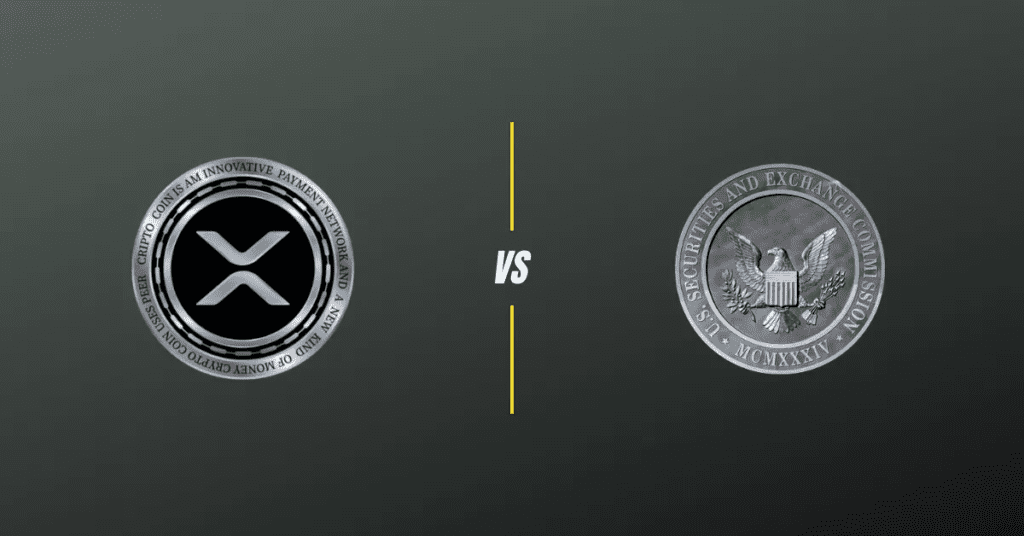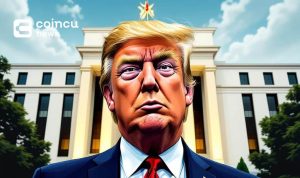Key Points:
- The SEC responded to the letters filed in District Court by the Ripple defendants.
- According to the commission, the Supreme Court’s ruling in the Bittner case has nothing to do with the fair notice position advanced by Ripple and its defendants.
- Ripple’s last filings in the XRP litigation might be critical in getting the Summary Judgment in its favor.
The Securities and Exchange Commission (SEC) of the United States has submitted its answer to the Ripple defendants’ letters filed in District Court about Supplementary Authorization from the Bittner and Voyager cases.

According to the US SEC’s submission, neither Bittner vs. the United States nor the Voyager Digital Holdings bankruptcy plan confirmation decision provides a basis for denying their application for Summary Judgment. It went on to state that neither decision included a fair notice defense.
The Bittner decision, according to the commission, has nothing to do with the fair notice defense that Ripple and its defendants are attempting to use to avoid liability in the civil action. It stressed that the principle of lenity contained in the Bittner judgment does not apply in the context of civil enforcement.
The commission expanded on its response by stating that it has consistently advised that crypto asset offerings violate Section 5 if they involve the offer and sale of an investment contract.
Previously, Ripple Labs filed a new supporting notice in the XRP vs. SEC case before US District Court Southern District of New York Judge Analisa Torres.
The Court’s decision in the Voyager bankruptcy case, in which the Judge disregarded the SEC’s objections and permitted the bankruptcy plan, was noted in the extra authority notification. The latest development comes while the XRP community waits for the lawsuit’s Summary Judgement.
In the Voyager Digital litigation, Judge Michael Wiles of the Southern District of New York ruled that Binance US may proceed with its $1 billion acquisition of Voyager assets.
The SEC gave no instruction at all as to precisely what it was that the Debtors apparently intended to show in order to demonstrate that VGX was not a security, according to the Court.
David Schwartz, CTO of Ripple, recently commented on Coinbase’s latest SEC Wells warning.
The XRP Ledger’s developer turned to Twitter to criticize the Securities and Exchange Commission for failing to offer clear cryptocurrency regulatory standards.
Schwarz argued that the SEC’s interaction with digital assets has not been fair or reasonable and that regulation and legislation are better tools for the sector than enforcement actions for clarifying the law. Coinbase is confident in the validity of its assets and services and is prepared to go through a legal process to explain problems.
The SEC defines XRP as security using the Howey test. This is a legal standard used by the SEC to establish whether a transaction is an investment contract.

The SEC’s allegations have been categorically denied by Ripple. It claims that XRP is not a security and that the SEC exceeded its regulatory powers.
The lawsuit is still continuing, and the conclusion may have far-reaching consequences for the whole Bitcoin business. Ripple’s last papers in the XRP litigation are believed to be critical in getting the Summary Judgment in its favor.
DISCLAIMER: The Information on this website is provided as general market commentary and does not constitute investment advice. We encourage you to do your own research before investing.
Join us to keep track of news: https://linktr.ee/coincu
Harold
Coincu News






















